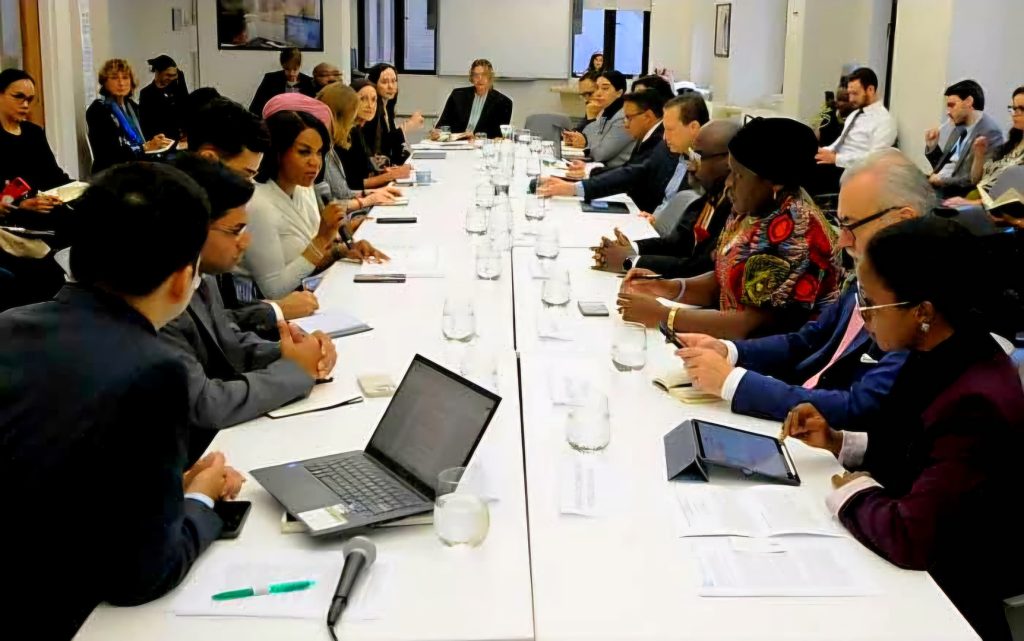The Africa Minerals Strategy Group (AMSG), a key intergovernmental organization dedicated to fostering international cooperation in the mining sector, has officially joined the Council for Critical Minerals Development in the Global South. This Council, spearheaded by Sustainable Energy for All (SEforALL), the Institute of Transportation Studies at UC Davis, and Swaniti Global, is focused on empowering African and other mineral-rich nations to secure funding and enhance technical capacities necessary for improving their mining value chains, creating job opportunities, and driving industrial growth.
Damilola Ogunbiyi, the CEO and Special Representative of the UN Secretary-General for SEforALL, highlighted the significance of this partnership, stating, “Securing critical mineral supply chains for the Global South is essential not only for the economic advancement of these nations but also for meeting global climate objectives.”
Moses Michael Engadu, Secretary General of AMSG, emphasized the pivotal role of Africa in the energy transition, asserting, “There is no viable path for the energy transition without Africa.” He further stressed the importance of re-evaluating current supply dynamics to ensure that the continent can maximize its potential during this critical transformation.
Africa is home to vast reserves of critical minerals, including 55% of the world’s cobalt, 48% of manganese, and 22% of natural graphite. These minerals are essential in the production of electric vehicle batteries, renewable energy technologies, and other components vital to the global clean energy transition. With the world’s increasing demand for these resources, AMSG’s partnership with the Council aims to elevate Africa’s role as a strategic supplier, ensuring that the continent’s resources are not only extracted but also refined and processed locally, contributing to long-term economic growth.
The founding members of AMSG include Botswana, Burundi, Chad, the Democratic Republic of Congo, Guinea-Bissau, Liberia, Malawi, Nigeria, Sierra Leone, Somalia, South Africa, South Sudan, Tanzania, Uganda, Zambia, and Zimbabwe. This collaboration marks a significant step towards strengthening Africa’s position in the global minerals market, advancing industrialization, and supporting sustainable development goals across the continent.

